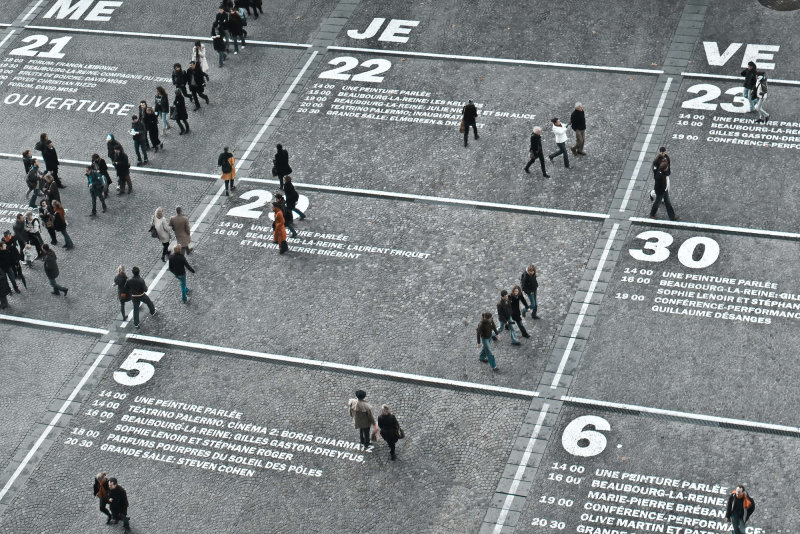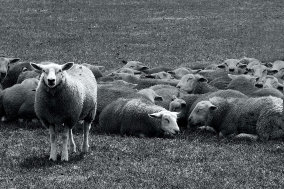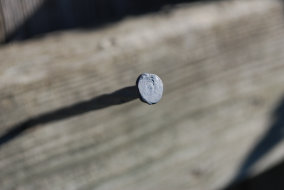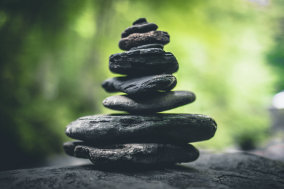Book summary of
On The Shortness Of Life

"It is not that we have a short space of time, but that we waste much of it."
Some people never have enough. Others like to keep themselves busy or pursue alcohol, sex, servitude, and all sorts of addictions. The majority doesn't have any direction or follow the wrong stars. When we look at it, there isn't much time left to live. People like to complain about life being short, but the real problem lies in the fact we do not spend our time wisely: life is long enough for those who invest it meaningfully while realizing it will have an end. Life isn't short, we make it this way by scattering it.
Vices are everywhere and prevent us from taking a good look at the way we live. Everyone is wasting each other's time and takes pride in it: "A cultivates B and B cultivates C; no one is his own master."
You aren't entitled to anyone's time. Complaining about someone's lack of attention, especially when you don't even take care of your own time, is senseless. We go to war to defend our lands, but we do not go to the same extent to protect our time. Hence, we failed to recognize how precious our existence on earth is: "You live as if you were destined to live forever, no thought of your frailty ever enters your head, of how much time has already gone by you take no heed. [...] You have all the fears of mortals and all the desires of immortals."
Most people, successful or not, postpone their lives or give it away to someone else, as if tomorrow was guaranteed to exist, in the hope of one day live for themselves. Most of us live deferred lives: "the fact that the day often seems to them long, the fact that they complain that the hours pass slowly until the time set for dinner arrives; for, whenever their distractions fail them, they are restless because they are left with nothing to do, and they do not know how to dispose of their leisure or to drag out the time. And so they strive for something else to occupy them, and all the intervening time is irksome; exactly as they do when a gladiatorial exhibition is been announced, or when they are waiting for the appointed time of some other show or amusement, they want to skip over the days that lie between. All postponement of something they hope for seems long to them. Yet the time which they enjoy is short and swift, and it is made much shorter by their own fault; for they flee from one pleasure to another and cannot remain fixed in one desire. Their days are not long to them, but hateful".
Complaining about life being short and your past regrets without changing your priorities isn't productive either. People are already aware of wasting their time, but they choose to do it anyway.
Staying busy is the surest way to waste your life: "no one pursuit can be successfully followed by a man who is preoccupied with many things [...] since the mind, when distracted, takes in nothing very deeply, but rejects everything that is, as it were, crammed into it. There is nothing the busy man is less busied with than living [...] I could prove that busy men find life very short.".
Busyness is a vice, but busying yourself with someone else's preoccupations is worse: "most wretched is the condition of those who labour at preoccupations that are not even their own, who regulate their sleep by that of another, their walk by the pace of another, who are under orders in case of the freest things in the world—loving and hating. If these wish to know how short their life is, let them reflect how small a part of it is their own.".
Seeking fame and social status is a waste of time: "And so when you see a man often wearing the robe of office, when you see one whose name is famous in the Forum, do not envy him; those things are bought at the price of life. They will waste all their years, in order that they may have one year reckoned by their name."
According to Seneca, wine and lust are worse vices than greed, wrath, and ambition.
The goal of every philosophy is to learn how to live, and thus to learn how to die. Refusing busyness is a part of it, and an art in itself: "Many very great men, having laid aside all their encumbrances, having renounced riches, business, and pleasures, have made it their one aim up to the very end of life to know how to live; yet the greater number of them have departed from life confessing that they did not yet know—still less do those others know. Believe me, it takes a great man and one who has risen far above human weaknesses not to allow any of his time to be filched from him, and it follows that the life of such a man is very long because he has devoted wholly to himself whatever time he has had. None of it lay neglected and idle; none of it was under the control of another, for, guarding it most grudgingly, he found nothing that was worthy to be taken in exchange for his time. And so that man had time enough, but those who have been robbed of much of their life by the public, have necessarily had too little of it.".
You shouldn't yearn for the future, focus on the present instead: "who plans out every day as if it were his last, neither longs for nor fears tomorrow. For what new pleasure is there that any hour can now bring?"
A human hasn't lived long because he is old: he merely existed long. The difference lies in how he spent his life, and age isn't an indicator of wisdom or experience.
We give away our time more easily because it's immaterial: we can't touch it, and thus we undervalue it. We are often forced into situations where we can't quantify it accurately either. On the other hand, people facing a life-or-death situation are always quick to give up their wealth to live: that's how much they truly value their time. Now, imagine if you were to die tomorrow: what changes would you make? It has to be today: "yet postponement is the greatest waste of life; it deprives them of each day as it comes, it snatches from them the present by promising something hereafter. The greatest hindrance to living is expectancy, which depends upon the morrow and wastes to-day".
The famous expression Carpe Diem comes from the following line: "Why are you idle? Unless you seize the day, it flees."
Life is divided in three periods: future, past, and present. Future is uncertain and cannot be taken into account. Past is already gone, but it's an "everlasting and unanxious possession" if it is without regrets. Those with regrets will be unable to look back out of anxiety, so their lives are only vacuity: no past, anxiety of the present, and an imaginary future. Present time is short and it's the only thing worth caring about.
Only people who didn't live long resort to all sorts of tricks to live longer: "Decrepit old men beg in their prayers for the addition of a few more years; they pretend that they are younger than they are [...] the wise man will not hesitate to go to meet death with steady step.".
To be the master of your time, you first have to be aware of it. Then, you have to avoid meaningless pursuits ("men who have spent the whole of their life over chess or ball or the practice of baking their bodies in the sun"), including learning useless things, that "which, if you keep them to yourself, in no way pleasure your secret soul, and, if you publish them, make you seem more of a bore than a scholar. [...] whose mistakes will be made fewer by such stories? Whose passions will they restrain? Whom will they make more brave, whom more just, whom more noble-minded?".
Philosophying is learning how to live: "Of all men they alone are at leisure who take time for philosophy, they alone really live; for they are not content to be good guardians of their own lifetime only. They annex ever age to their own; all the years that have gone ore them are an addition to their store." One must learn from the past generations of philosophers to master his own time, only then can he "have his visitor leave more happy and more devoted to himself than when he came, no one of these will allow anyone to leave him with empty hands".
Genuine friendship doesn't endanger your time, it is liberating: "each will add his own years to yours". We can't choose our family, but we can choose the people we want to spend time with. Friendship is the path to immortality: "These will open to you the path to immortality, and will raise you to a height from which no one is cast down. [...] the works which philosophy has consecrated cannot be harmed".
The philosopher makes good use of past, present, and future: "Has some time passed by? This he embraces by recollection. Is time present? This he uses. Is it still to come? This he anticipates. He makes his life long by combining all times into one. But those who forget the past, neglect the present, and fear for the future have a life that is very brief and troubled".
Time and pleasures will always bring anxiety, so we have to live simpler lives without seeking them (Seneca was a Stoic philosopher): "And so, my dearest Paulinus, tear yourself away from the crowd, and, [...] withdraw into a peaceful harbour."
The meaning of life according to Seneca is to love and practice the virtues, to forget the passions, to understand life and death, and to live a "life of deep repose".


























